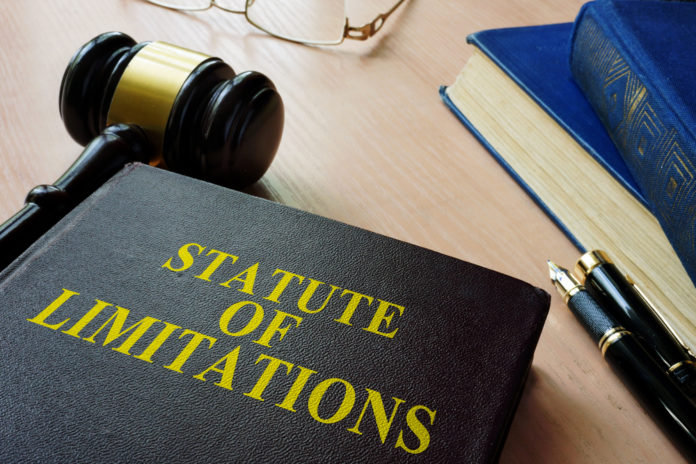Contractor’s appeal for utilities costs arising out of a lease with the government is denied in part and grated in part. The board found that portions of the contractor’s claims were barred the CDA’s six-year statute of limitations. The contractor argued that the statute should be tolled for the time spent trying to negotiate the claim with the government. But the board found the contractor’s decision to negotiate was a business judgment that did not toll the statute of limitation. The board did, however, find that the contractor could recover costs that fell outside of the limitations period.
Pegasus Enterprises, LP had a lease with the General Services Administration to provide office space to the Defense Contract Management Agency (DCMA) and the Defense Criminal Investigative Service (DCIS). In 2012, more than a decade into the lease, Pegasus performed an audit and found that DCMA and DSIC owed hundreds of thousands for overtime utilities. The overtime costs were incurred between 2002 and 2016. GSA denied that it owed the utility costs, claiming that it had requested that Pegasus terminate overtime utilities early in the lease.
But rather than immediately pursue its claim for the overtime utilities, Pegasus attempted to negotiate the claim as part of a lease renewal. Around this same time, GSA was preparing a solicitation for a follow-on lease. Pegasus believed that litigating the claims for overtime utilities would antagonize GSA while the company was trying to win the follow-on contract. Pegasus and GSA negotiated a lease modification that did not resolve the overtime utilities dispute. Pegasus ended up winning the award for the follow-on DCIS lease, but it lost the follow-on DCMA lease.
In 2016 Pegasus submitted claims for the overtime utilities. GSA denied the claims, asserting that the claims were barred by the statute of limitations. GAS also contended that regardless of the statute of limitation, it had terminated the overtime utilities and thus owed nothing. Pegasus appealed to the CBCA.
GSA reasserted the statute of limitations on appeal. Pegasus argued that the limitations period was tolled while it had been negotiating the GSA to recover the costs without litigating the claims. The board noted that equitable tolling can defeat a statute of limitations defense if (1) the litigant has been pursuing their rights diligently, and (2) some extraordinary event prevented timely filing.
Here, the court found no justification for tolling the statute of limitations. Pegasus pursued its costs under the lease, but none of the conduct complained of could be construed as extraordinary circumstances. The contracting officer’s promise to review the claim and consider settlement proposals were all conventional activities made in the spirit of professional contract negotiations. There was no indication that the contracting officer made a misrepresentation or misled Pegasus. Rather, Pegasus chose to try to negotiate with GSA because it was pursuing a lease renewal. The company made a business judgment, which was not the type of thing that tolls the statute of limitations.
The CDA’s six-year statute of limitations thus barred all the overtime utilities costs that predated March 2010. The board did, however, find that Pegasus could recover costs arising after March 2010. While GSA argued that it had terminated the overtime utilities, the board found there was no evidence supporting either an express or implied contract modification to formally terminate the utilities.
Pegasus is represented Kyle E. Yaege of Hickman & Robinson, LLP. The government is represented by James F. H. Scott of the General Services Administration.




